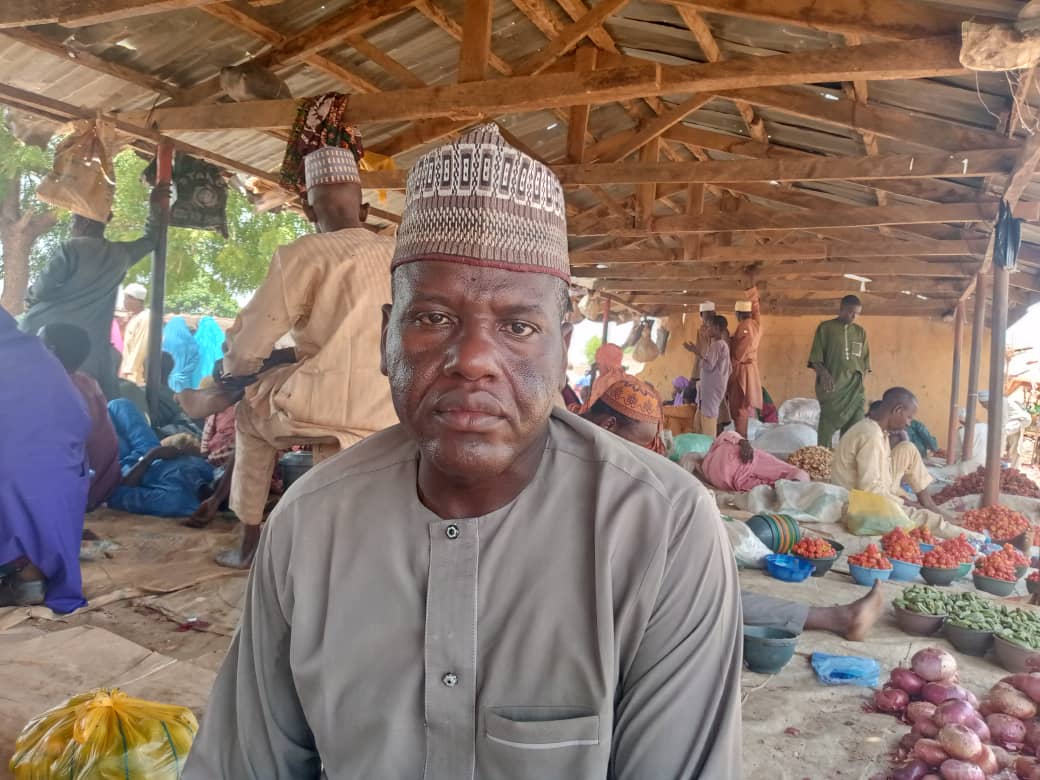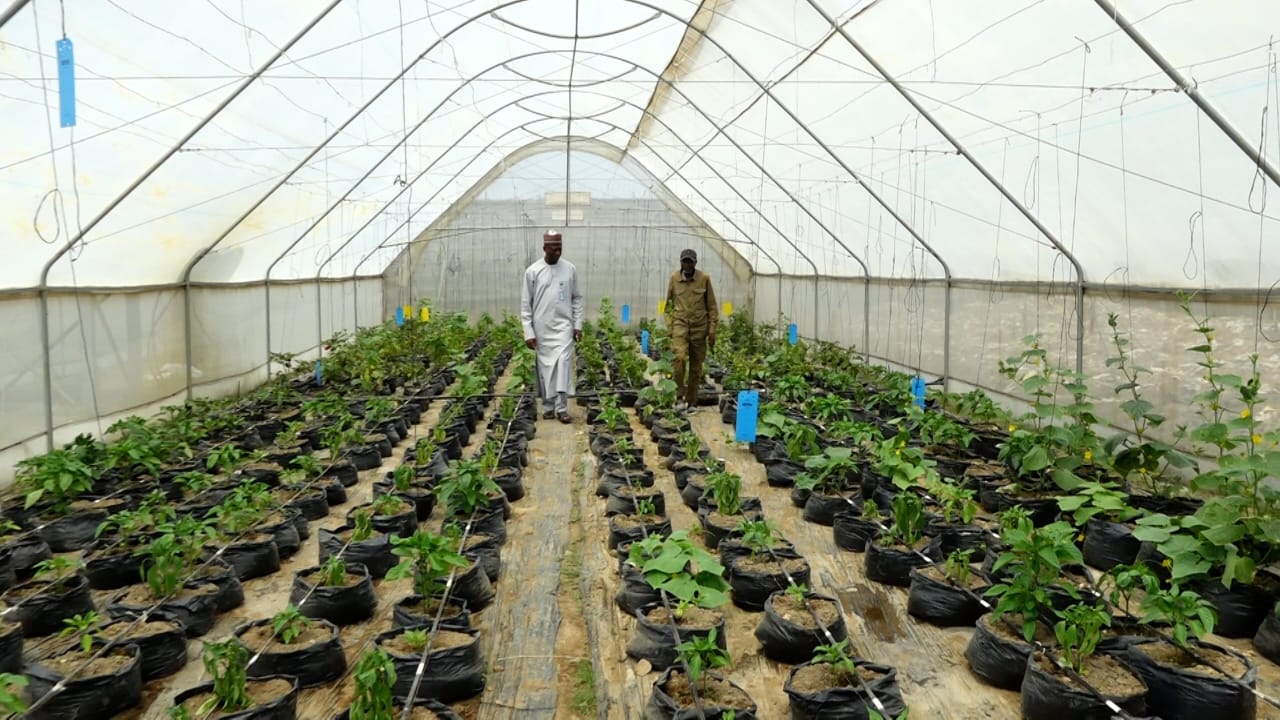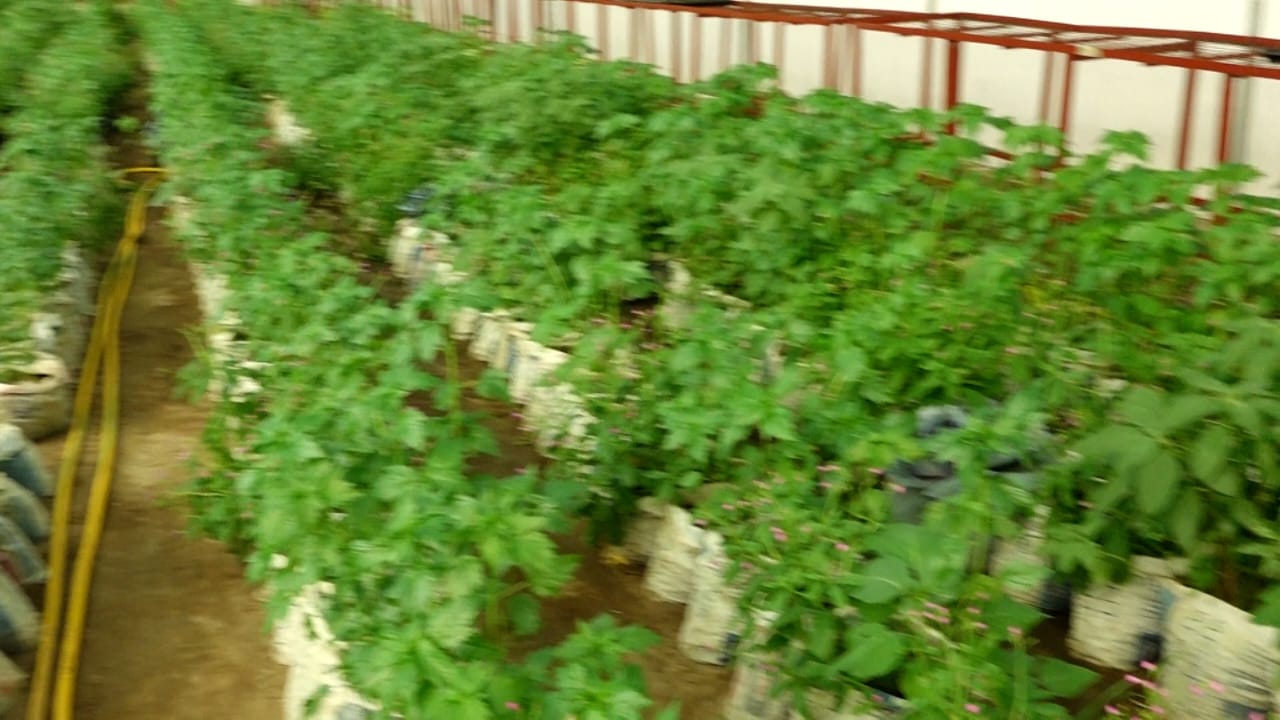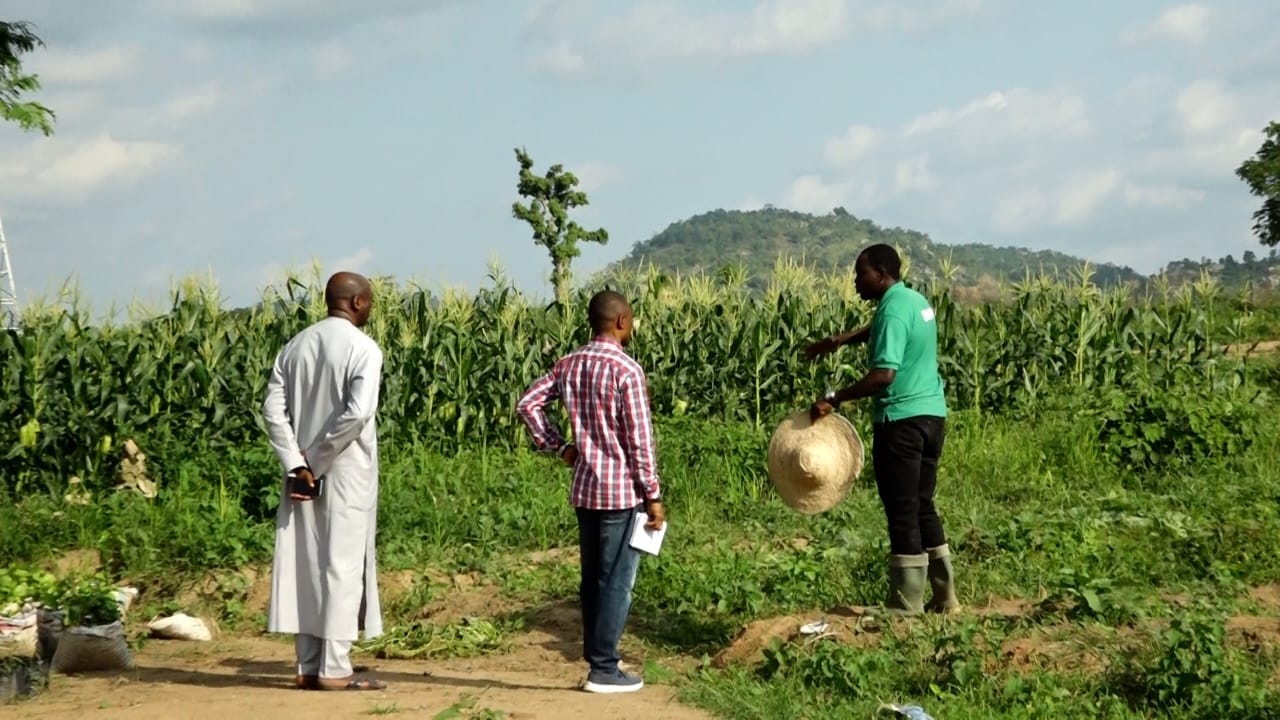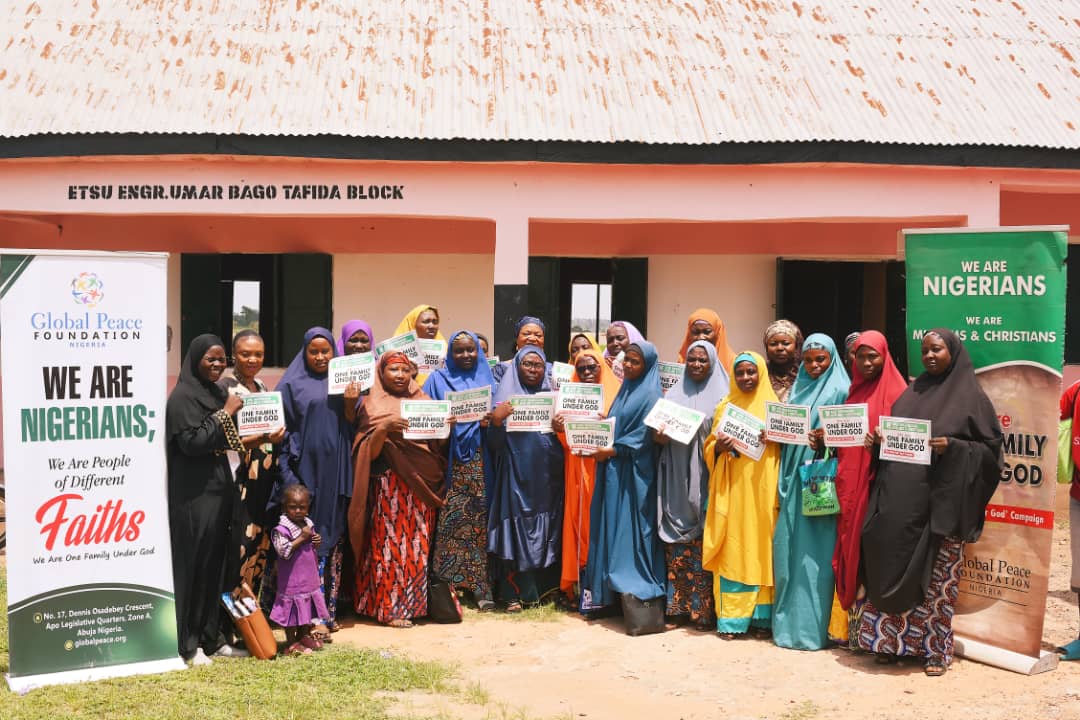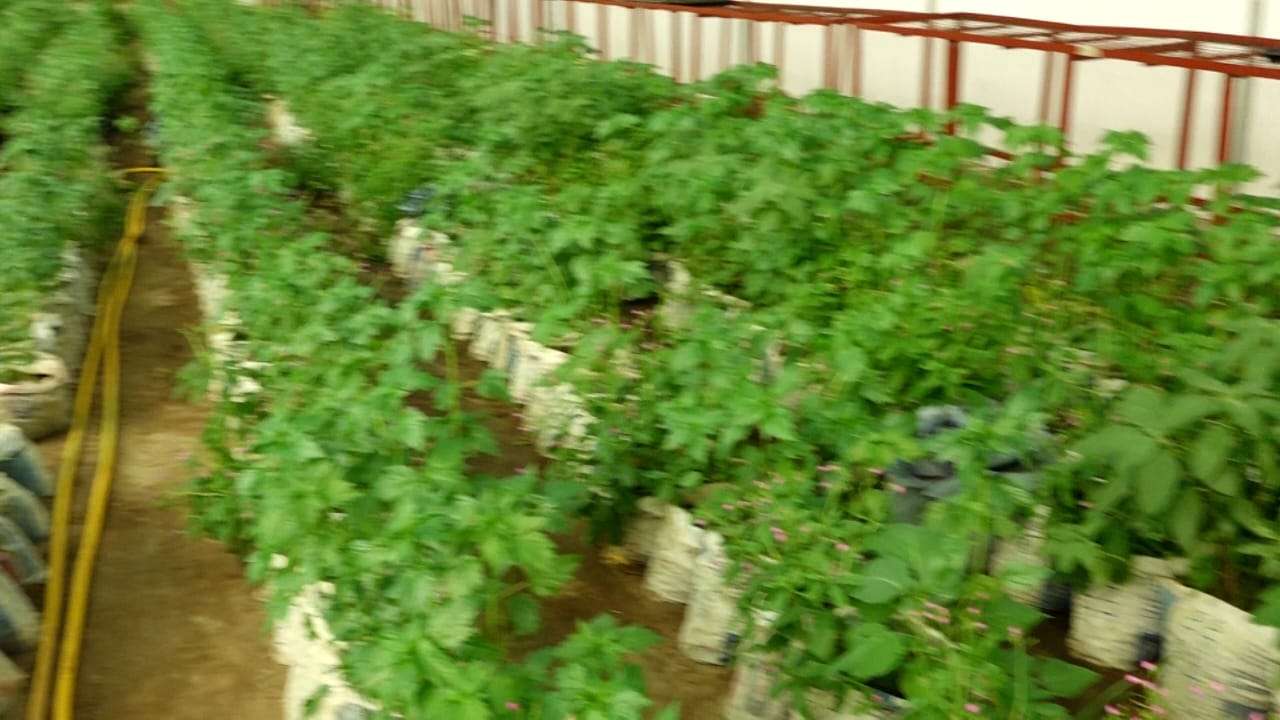Professor, who sells vegetables, advises youths on small businesses
By Zubairu Idris
Prof. Nasir Hassan-Wagini of Biology Department, Umaru Musa Yar’adua University (UMYU), Katsina, who produces and sells vegetables, has advised students and youths to key into small businesses rather than wait for white-collar jobs.
Hassan-Wagini gave the advice on Monday in an interview with the News Agency of Nigeria (NAN) at a weekly market in Batsari, Katsina state, where he sells the produce.
The professor said he was born by a farmer, grew up as a farmer, and went into produce businesses at an early stage of life.
He said that his story became popular after he was promoted to the rank of professor.
“My call to the NCE, Diploma and degree graduates is that they should feel free and start small businesses in their communities instead of staying idle.
“I’m a professor of plant resources at UMYU, I want youths and students to look at me, know my rank and position, and I still engage in small business of this nature.
“That may clear their minds because they feel shame and too big to go into such type of small businesses.
“What matters is what you are contributing to the society. So, stop staying at home doing nothing when you did not get job, start with small businesses like this one.
“Our youths should stop going to other places looking for job, they should get into farming and other small businesses to become self-reliant.
“Self-reliance is key to successful life. Try to merge your education with vocational skills for your own good,” he said.
One of his neighbours in the market, Malam Uzairu, said that they enjoy staying with the professor in the market.
He described the professor as trustworthy, humble and kind in his interaction with people.
“We respect him and he respect us. In fact, he is a nice person who knows how to relate with all categories of people,” he said.
NAN reports that the price of a 100 kg bag of onion in the market cost N65,000 and above depending on its quality.
A 100 kg bag of dried red pepper sells at N115,000 and above, 100 kg bag of dried tomatoes, N60,000 and above, while 50 kg bag of fresh hot pepper, N100,000 and above.
NAN was told that in the next few months, farmers would start harvesting fresh tomatoes, red pepper, onions, among others.
NAN also reports that security in the area has improved, and has allowed for business activities to thrive.(NAN) (www.nannews.ng)
Edited by Ismail Abdulaziz




